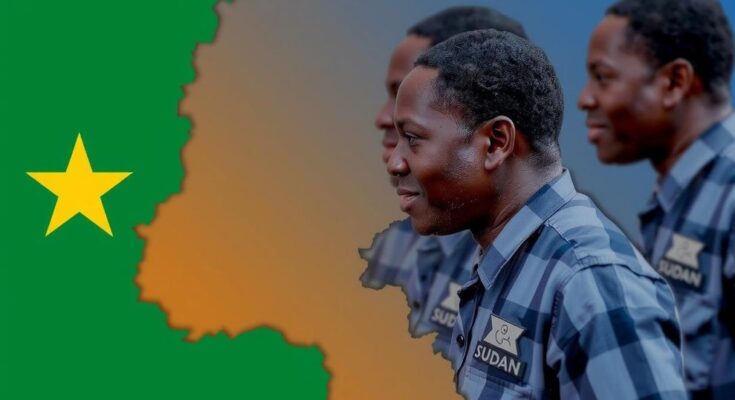South Sudan’s elections, initially set for next month, have been postponed to December 2026, with the transitional period extended until February 2027. UN Special Representative Nicholas Haysom expressed concerns over ongoing political stagnation and the necessity for compromises among leaders. Amidst local violence and humanitarian crises, the UN remains committed to fostering democracy and supporting the National Elections Commission.
The recent decision to extend South Sudan’s transition period and delay the much-anticipated elections constitutes a significant setback, according to the United Nations Special Representative, Nicholas Haysom. Haysom reiterated to the Security Council that the previous schedule was for the country’s inaugural general elections to take place next month. However, the transitional period now extends to February 2027, with elections pushed to December 2026, engendering feelings of frustration among the populace due to ongoing political stagnation. Following South Sudan’s independence in 2011, civil strife erupted in 2013, leading to a devastating conflict between supporters of President Salva Kiir and Vice President Riek Machar, resulting in substantial casualties. Though the 2018 Revitalized Peace Agreement marked a cessation of hostilities, recent developments remain disappointing as the electoral processes remain stymied. Haysom has engaged with various factions, including political leaders and civil society, emphasizing the necessity for compromises and adherence to the benchmarks outlined in the peace agreement. The UN envoy underscored the urgency of the situation, stating, “The clock on South Sudan’s fourth extension has started ticking,” urging that the opportunity to establish peace and democratic governance must not be squandered. He outlined six crucial benchmarks aimed at facilitating the election preparations. Concurrently, there is a pressing need to address local violence and humanitarian crises exacerbated by floods and ongoing conflicts, notably from neighboring Sudan. Furthermore, the positive momentum surrounding national elections relies heavily on the strong desire of South Sudanese citizens to partake in the democratic process, distinguishing these upcoming elections as a significant national undertaking rather than an external imposition. The UN mission is actively collaborating with civil society organizations to bolster civic education and participation in the electoral process, contributing to a broader narrative of self-determination for South Sudan.
This article addresses the latest developments in South Sudan regarding the postponement of its elections originally scheduled for next month. The extended transitional period has drawn international attention, particularly from the United Nations, highlighting the ongoing struggle for political stability and peace. South Sudan’s tumultuous history, characterized by internal conflict and political deadlock, raises crucial questions surrounding the nation’s democratic future and the implementation of the peace agreement established in 2018. The situation is further complicated by humanitarian issues driven by local violence, migrations due to conflict in neighboring regions, and natural disasters such as flooding.
In conclusion, the postponement of elections in South Sudan signifies a critical juncture in the nation’s political landscape, exacerbating existing frustrations amongst its citizens. The UN’s ongoing commitment to facilitating democratic processes is vital, alongside addressing humanitarian and security challenges. The need for urgent action and compromise amongst leaders remains paramount, as the international community watches closely to ensure that this transition leads to a lasting peace and democratic governance for the South Sudanese people.
Original Source: news.un.org




